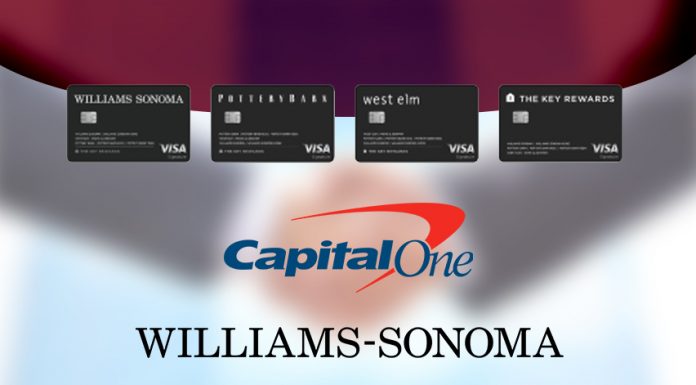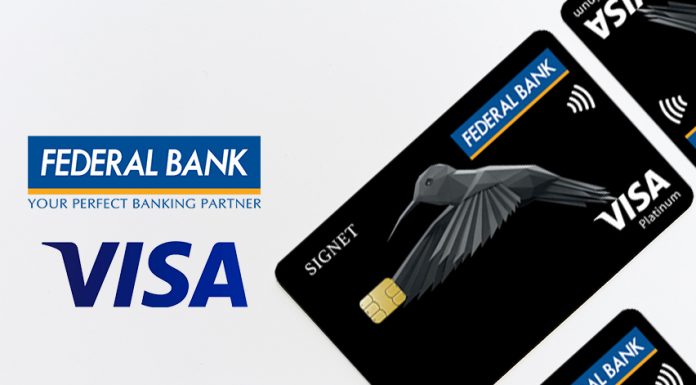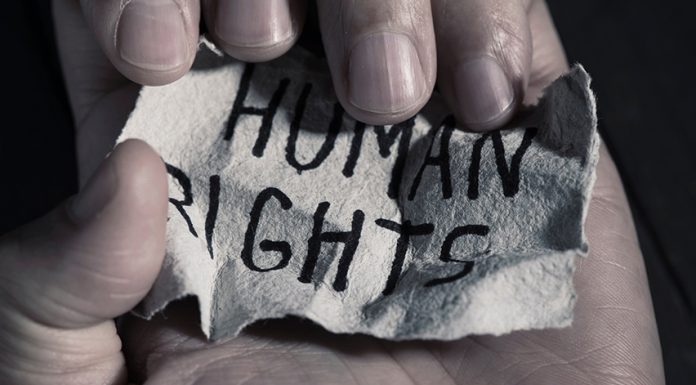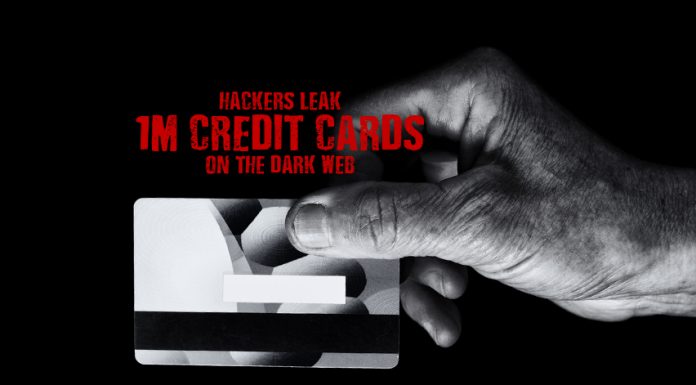Financial experts urge creditors to freeze their credit reports to prevent scammers and cybercriminals from accessing their data. Aside from being free of charge, this security measure will not affect your credit score and helps protect your financial future, according to an article by Amrita Jayakumar, a writer for Nerdwallet.
What is Credit Freeze?
Also called security freeze, a credit freeze restrains a credit agency from releasing your information to individuals or businesses (with some exceptions like a court order) without the permission of the creditor. The freeze will go on until the creditor opted to unfreeze the file using personal identification number (PIN). Credit reporting agencies – Equifax, Experian, and TransUnion – provide this option to customers for the protection of their data.
With a credit freeze, you will put a stamp on information that financial services providers insist on reviewing before approving your requests. Through this measure, people can bar thieves and cybercriminals from making bogus requests and accessing your information.
Data Breaches Are Common
In 2017, an Equifax data breach disclosed the important financial data of more than half of the American adults, according to Chi Chi Wu, a staff attorney at the National Consumer Law Center. The data revealed included Social Security numbers, names, addresses, birthdates, and some driver’s licenses. If scammers get access to these personal details, they could use it to get a credit card or loan using your name, increasing your debt and wrecking your credit score.
Previously, you need to pay for freezing and unfreezing your credit in many states. But a federal law effective September 2018 has made this process free.
Credit Freeze Limitations
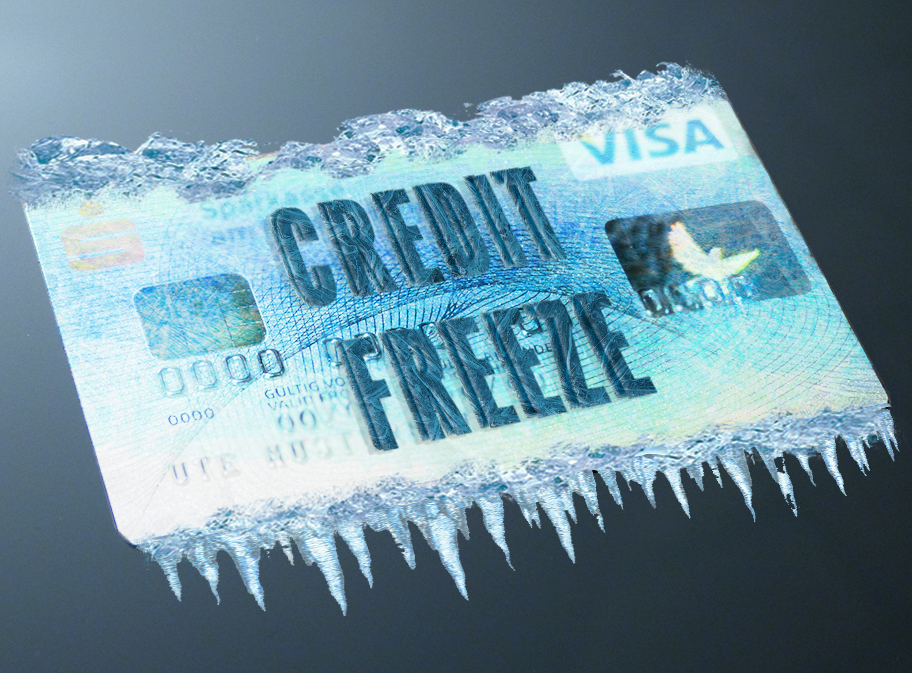 But Jayakumar warned that while freezing credit can stop cybercriminals from peering into confidential information, some companies can still access these data. These companies include creditors that they have already dealt with, credit-monitoring services, potential employers or landlords and government agencies following a court order, and credit and insurance companies that screen applicants using soft credit inquiry method.
But Jayakumar warned that while freezing credit can stop cybercriminals from peering into confidential information, some companies can still access these data. These companies include creditors that they have already dealt with, credit-monitoring services, potential employers or landlords and government agencies following a court order, and credit and insurance companies that screen applicants using soft credit inquiry method.
While a credit freeze is an effective way to prevent exposure of data to scammers, it is not foolproof. Jayakumar advised people to check credit reports and score regularly so that they can act fast once they discovered an anomaly.


